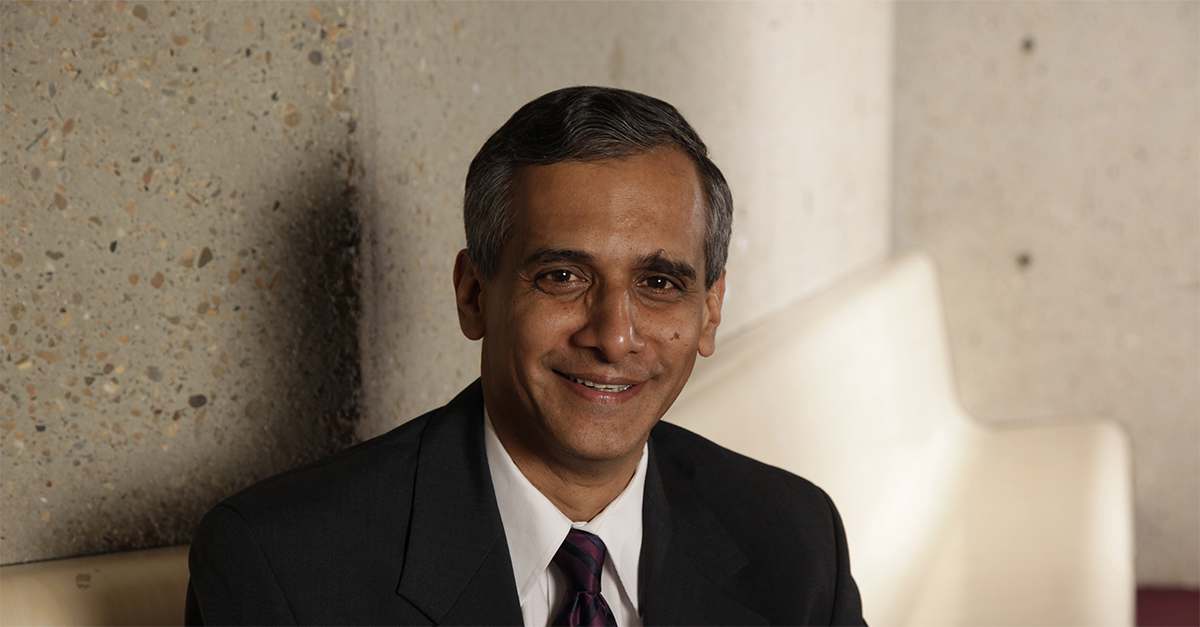
Professor Jacob George
Hepatologist Professor Jacob George has been honoured for his extensive body of research in viral hepatitis, fatty liver disease, liver fibrosis and liver cancer with the GESA 2017 Distinguished Researcher Prize.
Professor George, director of the Storr Liver Centre at the Westmead Institute for Medical Research, said research provided the opportunity to not only advance treatments for disease but also to bring about population level health outcomes through the prevention of disease.
“It’s all very well and good to be doctors and treat individual patients but if you step back a bit…wouldn’t it be much better not to have the disease in the first place?”
He used his presentation in the opening plenary at Australian Gastroenterology Week 2017 to encourage young clinicians to incorporate research into their careers.
“Research can be fun. It can be exciting and it can transform the way we look at liver diseases and transform the lives of patients at a population level.”
Professor George’s research includes seminal work in understanding the role of insulin resistance in fatty liver disease. Much of the subsequent research on fatty liver disease and current treatments are based on that early research.
He has also lead research that has identified some of the genes that modulate fibrosis and inflammation in the liver.
“We’re not there yet but we are on the cusp of being able to use genetics in daily medicine.”
“I think we are actually getting to stage, where if you have sufficient research horsepower including large numbers of patients that you can assess, we can now develop algorithms to prognosticate, to stratify patients and treat patients appropriately.”
Professor George has also made significant contributions to the epidemiology, prevention and management of liver cancer.
He told the limbic liver cancer in 2017 is where breast cancer was 30 years ago.
“We have one in eight women getting breast cancer but 90% of people with breast cancer will be alive in five years. With liver cancer we have a much smaller number of patients but you will die from it.”
He said 1500 liver cancer deaths per year in Australia was justification for his call to arms for more research effort in the area.